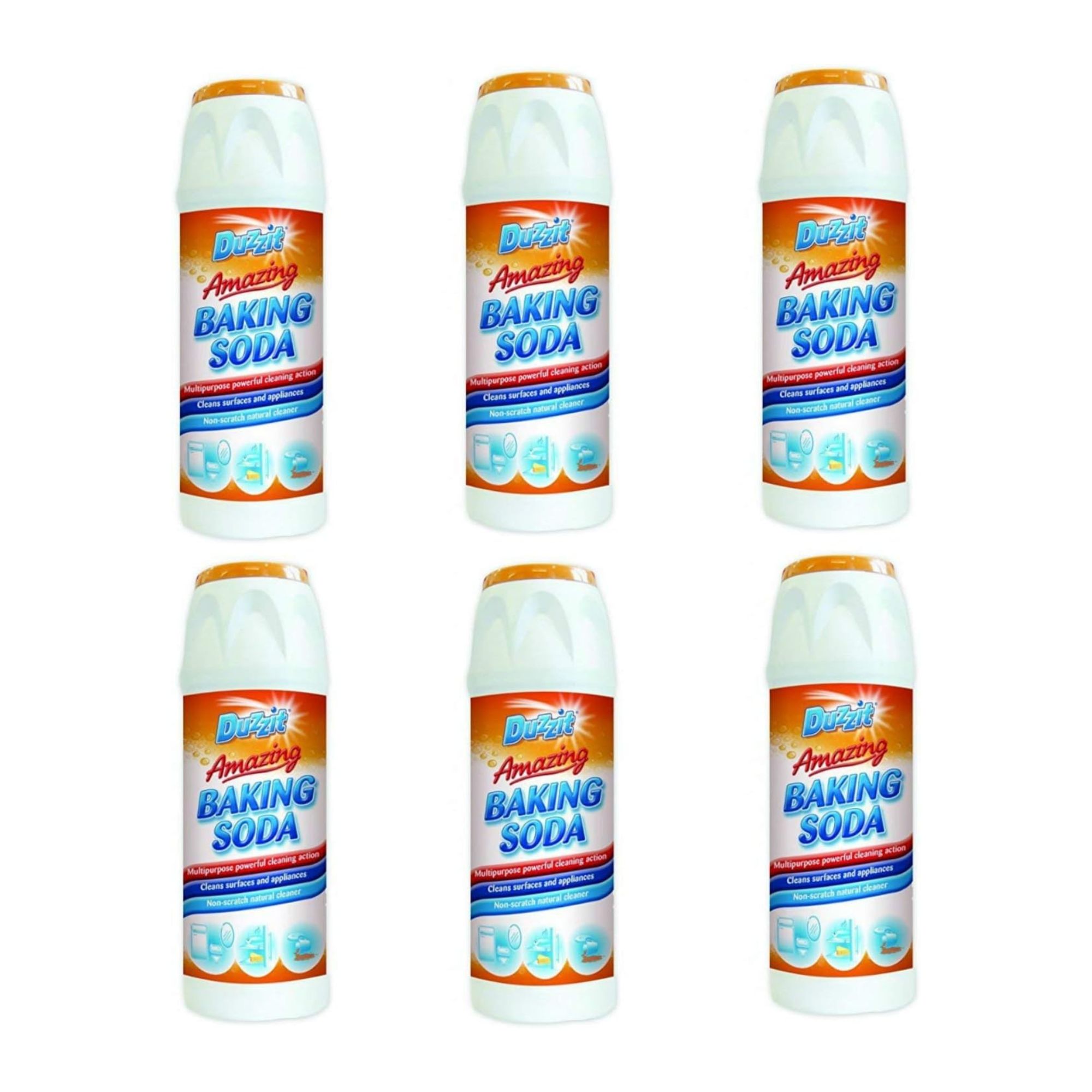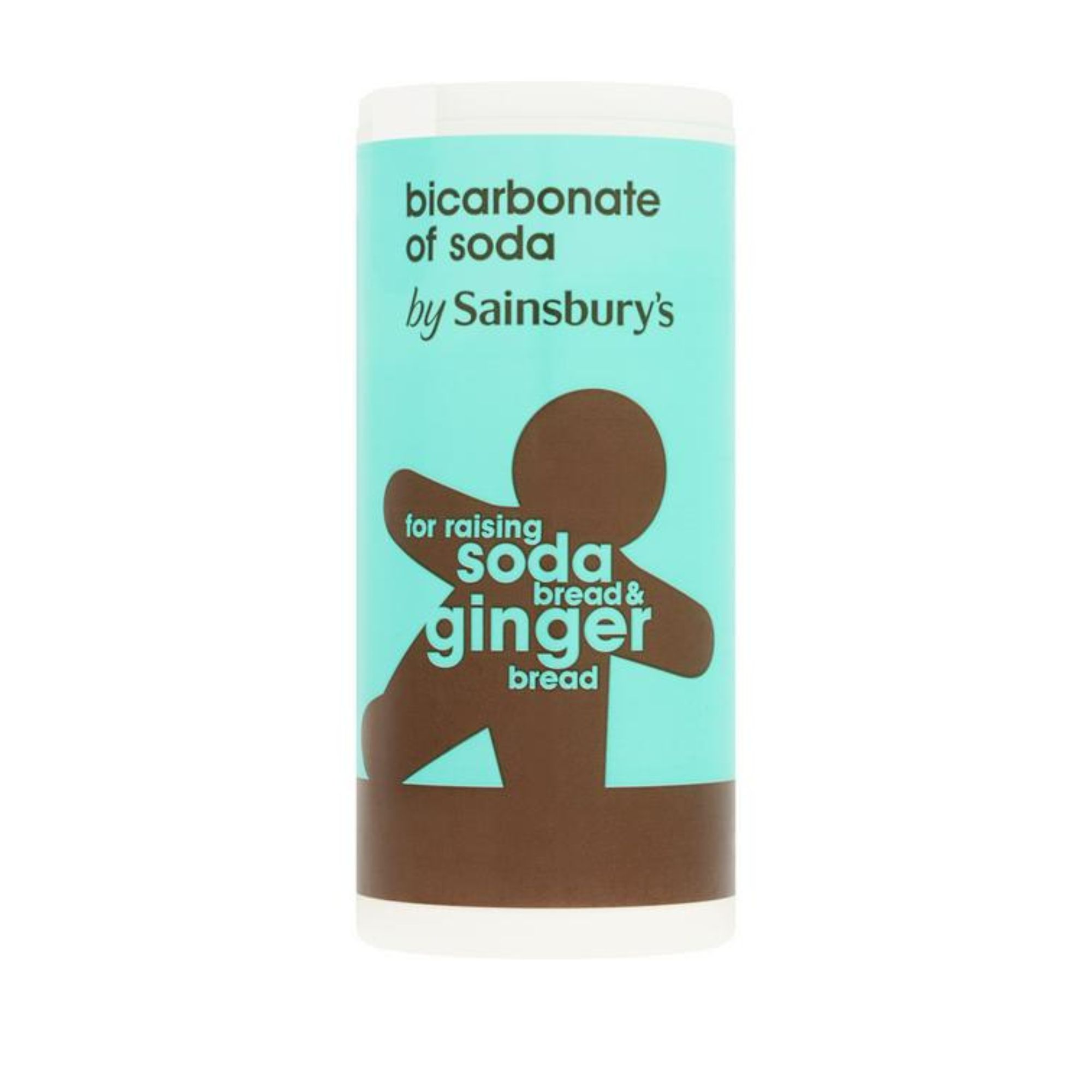This 59p product drastically reduced the condensation on my windows - and you probably have it in your cupboards already
You probably already have this everyday essential in your cupboards, but I bet you didn’t know that it’s a natural dehumidifier

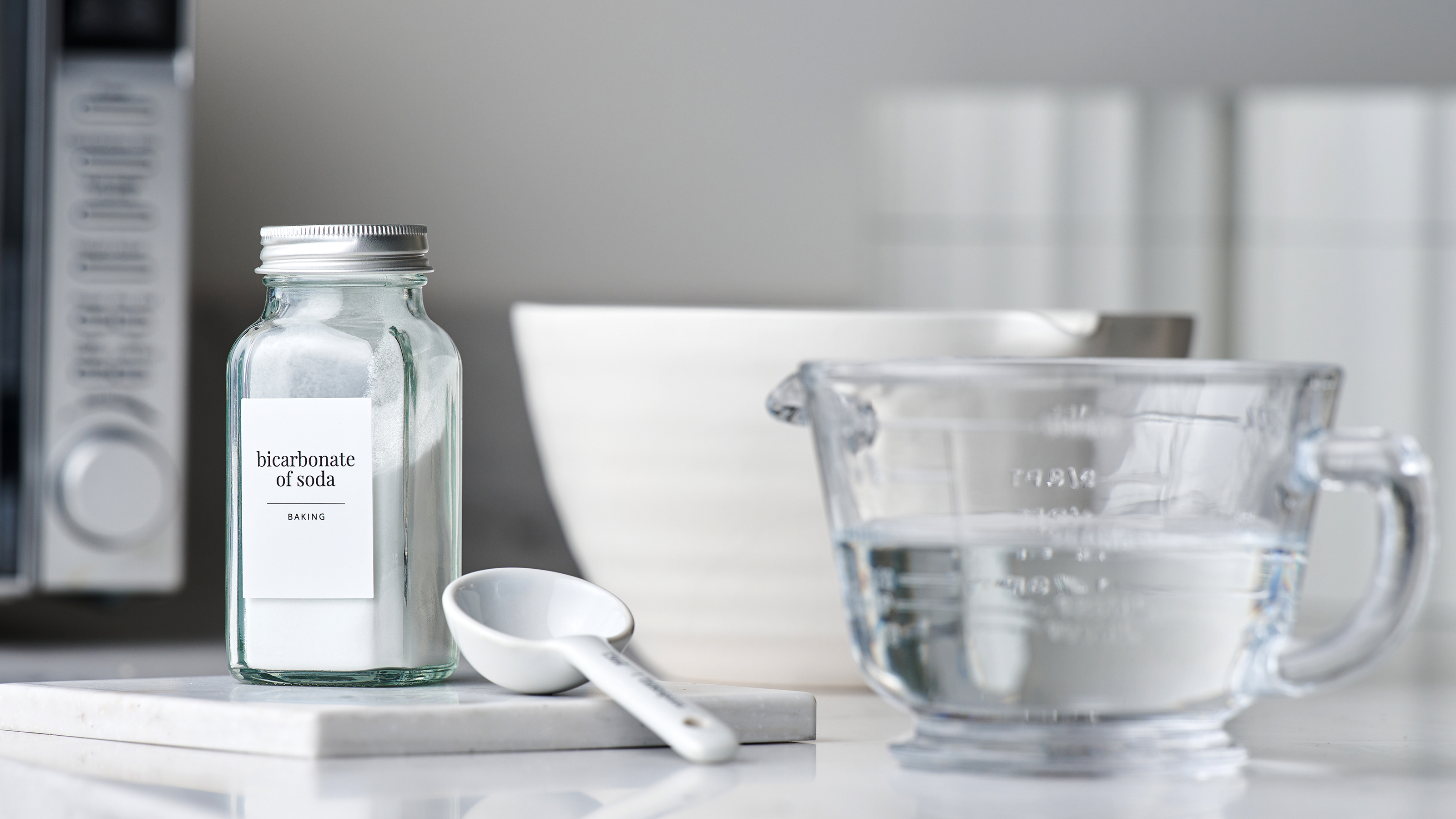
I’m constantly battling window condensation in my Victorian home. I’ve written about homes long enough to know that you should always wipe condensation off your windows if you want to prevent the build-up of damp and mould in your house - a problem I don’t want to add to the list of issues I already have with my 123-year-old abode during the winter months.
However, during the winter months, every window in my home is covered in a wet mist, and I always have to start my day with a 10-minute whizz around using my Karcher Window Vac (an Ideal Home favourite) to remove this excess moisture.
But I’m a busy (and sleepy) woman who would much rather have an extra 10 minutes to myself in the morning, so I was intrigued to hear that bicarb or baking soda - something I already buy in bulk as a natural cleaning agent - can help solve my problem with very little human input. After all, Jamie Jones, founder of Open Space Concepts, says ‘Baking soda can be used as a natural way to dehumidify a room that has high-moisture levels.’ So, I decided to test it out and see whether baking powder really can reduce window condensation.
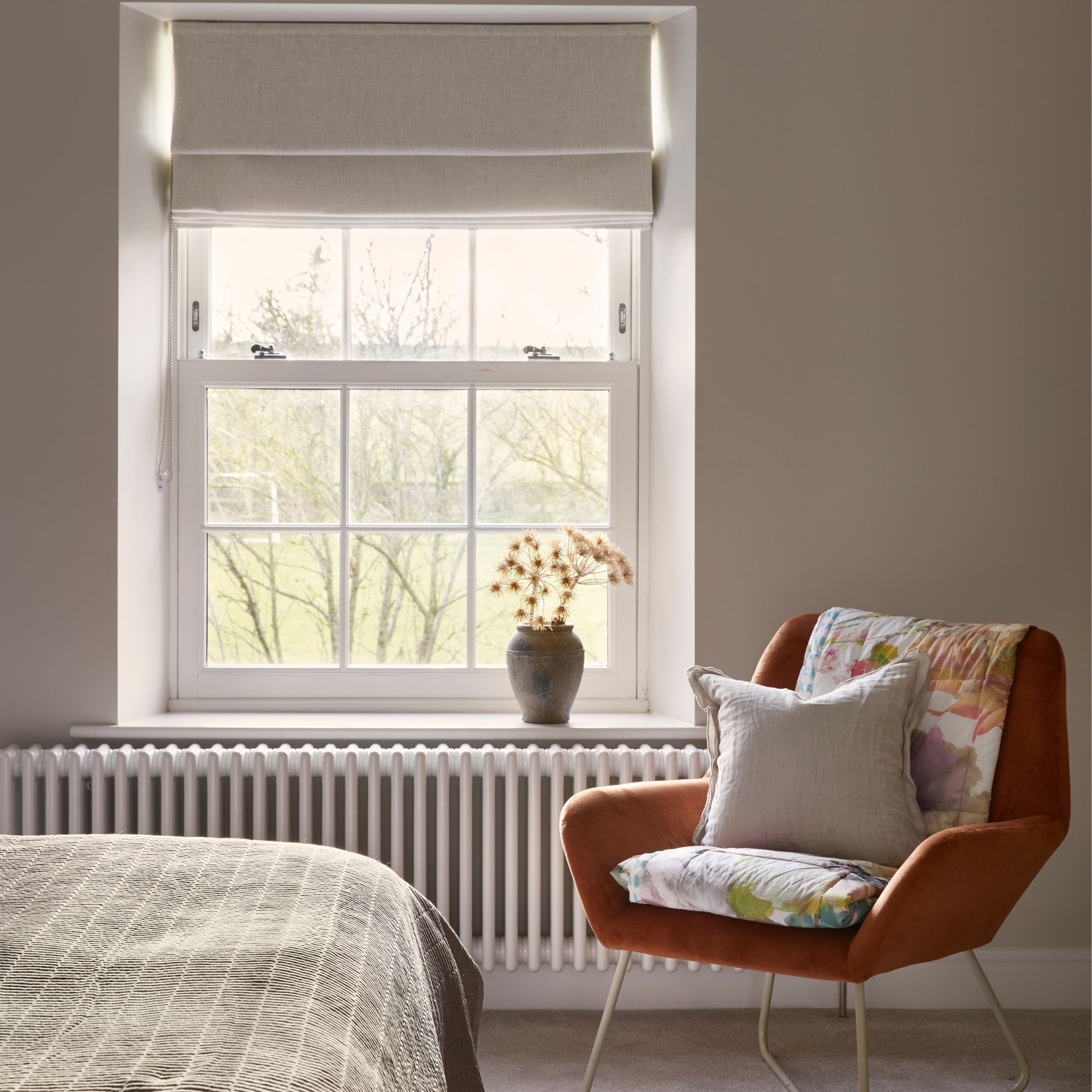
While the best dehumidifiers are generally regarded as top-tier condensation busters, I’ve been trying to save energy at home due to the recent energy price hike. So, I’ve been trying to reduce the number of appliances I use - and how long I use them for.
However, I’ve noticed that this has just made my window condensation worse. And while I’ve been inclined to try one of the many other window condensation hacks out there (like using salt or washing-up liquid), the baking soda window condensation hack stood out to me the most - mainly because I already had some bicarbonate of soda in the cupboard.
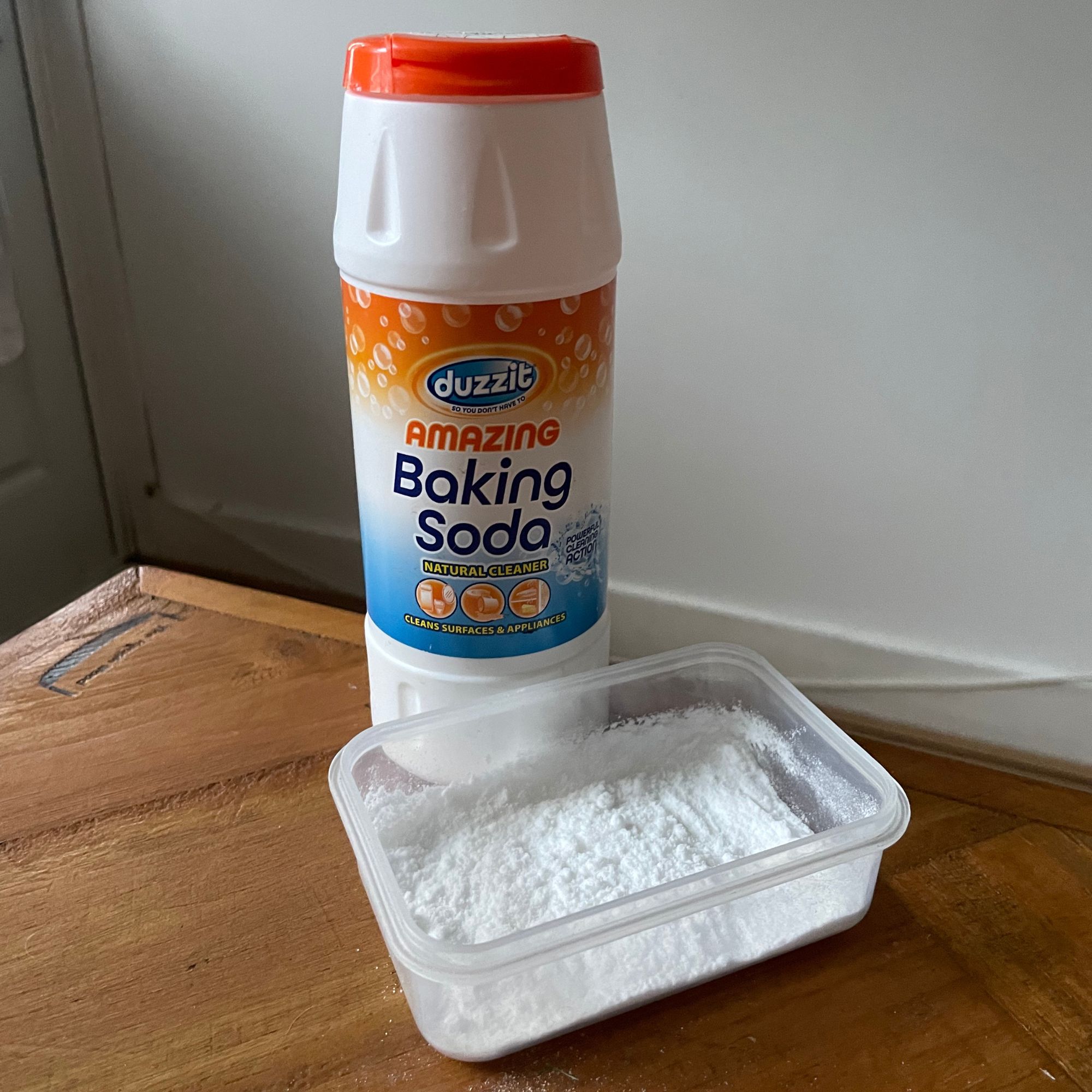
Jamie adds, ‘You simply fill a small bowl with baking soda and place it on the window sill. Over time you will notice the baking soda will harden as it absorbs the moisture. If this happens, replace it with fresh baking soda.’
As I struggle to get rid of condensation on my bedroom windows the most, I decided to give this a go in my bedroom first. However, choosing a bowl for the job was a difficult task, as my plantation shutters only leave me with a tiny windowsill.
In the end, I opted for a tiny plastic Tupperware container. I wasn’t sure how much baking soda to put in, either, so I just poured in what felt right. This was around ¼ of the container.
Sign up to our newsletter for style inspiration, real homes, project and garden advice and shopping know-how
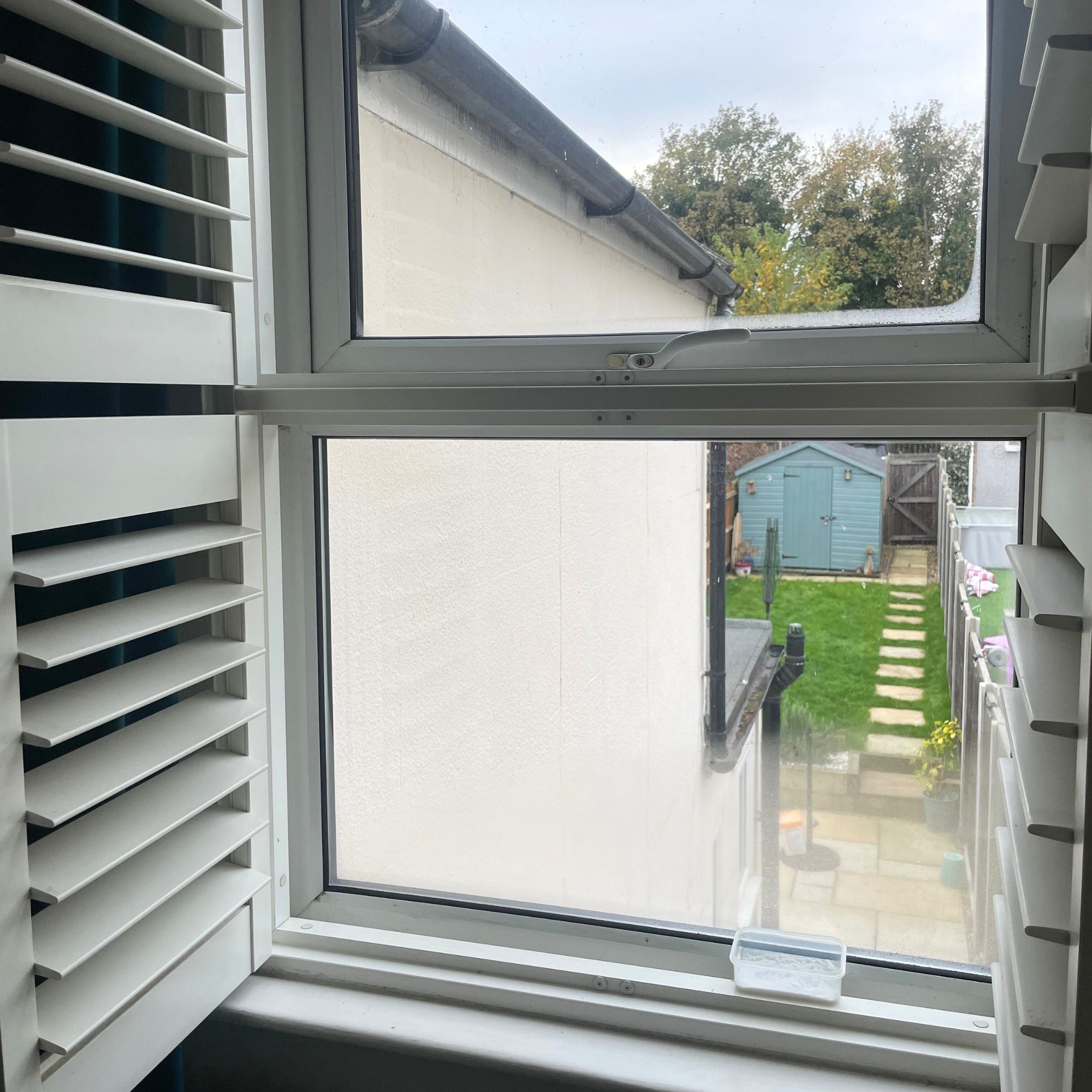
I popped it by my bedroom window and went to bed without a second thought. I didn’t have to worry about any electronic sounds waking me up (one of the things to consider when choosing a dehumidifier for a bedroom), and I didn’t have to immediately start cleaning the condensation off my window when I got up in the morning.
In fact, when I woke up the next morning, I was pretty impressed with the overall result. Although the baking soda didn’t absorb all of the moisture, and there was still a little bit of condensation to contend with, it was nothing compared to what I usually have to deal with.
And when I compared it to the amount of condensation on the window in my spare bedroom (which doesn’t have two people sleeping in it creating extra moisture), it was clear to see that the baking soda had worked wonders.
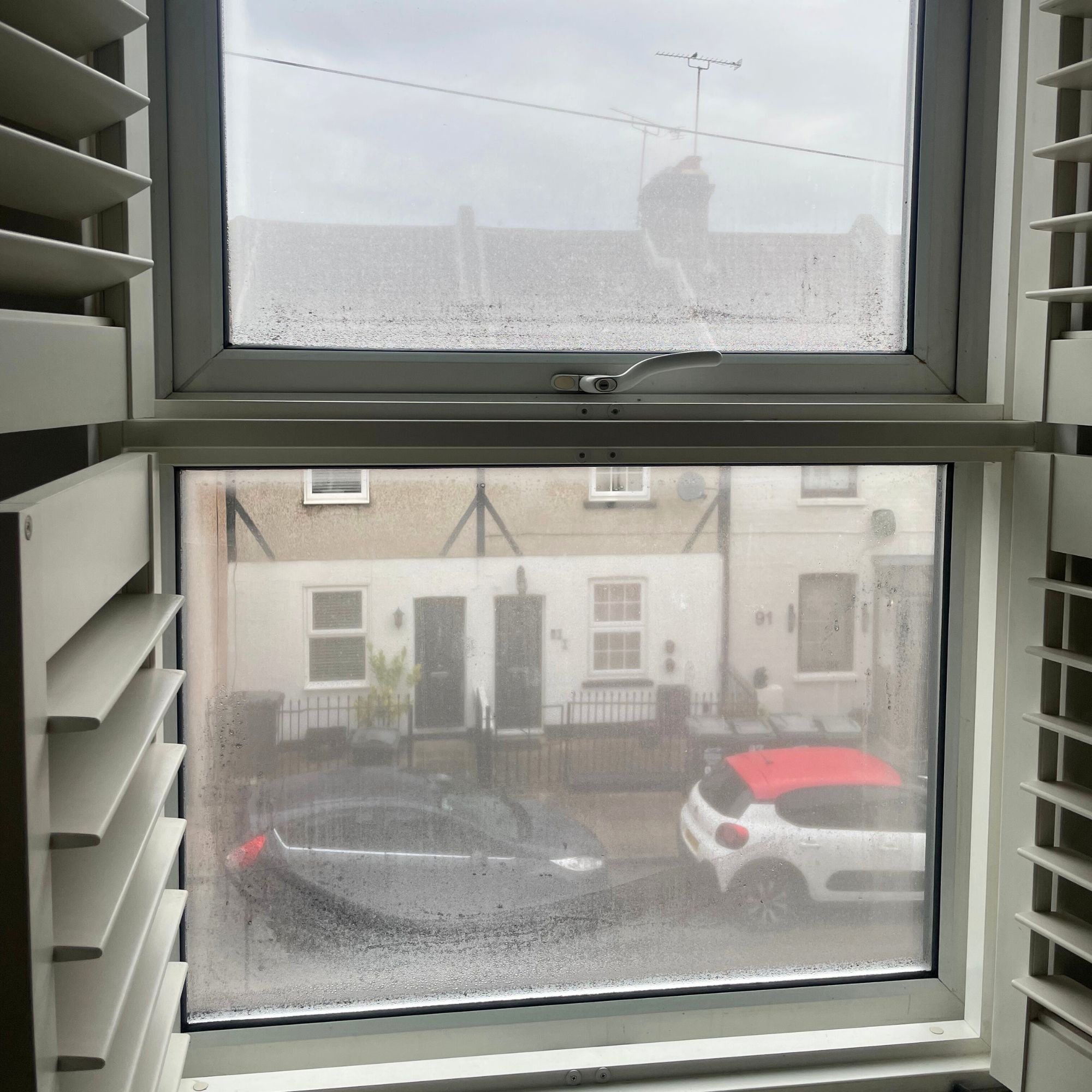
The level of condensation on my spare bedroom windows WITHOUT using baking soda
I didn’t have to do anything with the baking soda on Saturday morning, either - and I haven’t done anything since. Although the baking soda does look as though it’s hardening slightly, I don’t think it’s time to replace it just yet.
So, I’ll leave it for a few more days before replacing it with a fresh load of bicarb. And for just a few pence per pot, I really can’t knock this baking soda window condensation hack.
FAQs
Is baking soda safe for windows?
This all depends on how you want to use baking soda for windows. If you want to use it as a natural dehumidifier to stop condensation on your windows, it can work like a charm as there is no contact between the baking soda and your window. However, you should never use baking soda to clean windows as the abrasive substance can scratch the glass and cause permanent damage.
Does vinegar stop condensation on windows?
Just like baking soda, vinegar is one of the best natural cleaners out there. But while you can use baking soda to stop condensation on windows, experts don’t advise you do the same with vinegar.
Vinegar doesn’t have any moisture-absorbing or moisture-wicking qualities, and adding extra moisture to your windows can make the situation worse. However, vinegar can be used to clean your windows if they are suffering from mould as a result of excess condensation.
So, will you be trying the baking soda window condensation hack?

Lauren Bradbury has been the Content Editor for the House Manual section since January 2025 but worked with the team as a freelancer for a year and a half before that. She graduated with a Bachelor’s degree in English and Creative Writing from the University of Chichester in 2016. Then, she dipped her toe into the world of content writing, primarily focusing on home content. After years of agency work, she decided to take the plunge and become a full-time freelancer for online publications, including Real Homes and Ideal Home, before taking on this permanent role. Now, she spends her days searching for the best decluttering and cleaning hacks and creating handy how-to guides for homeowners and renters alike, as well as testing vacuums as part of her role as the Ideal Home Certified Expert in Training on Vacuums, having spent over 110 hours testing different vacuum models to date!
